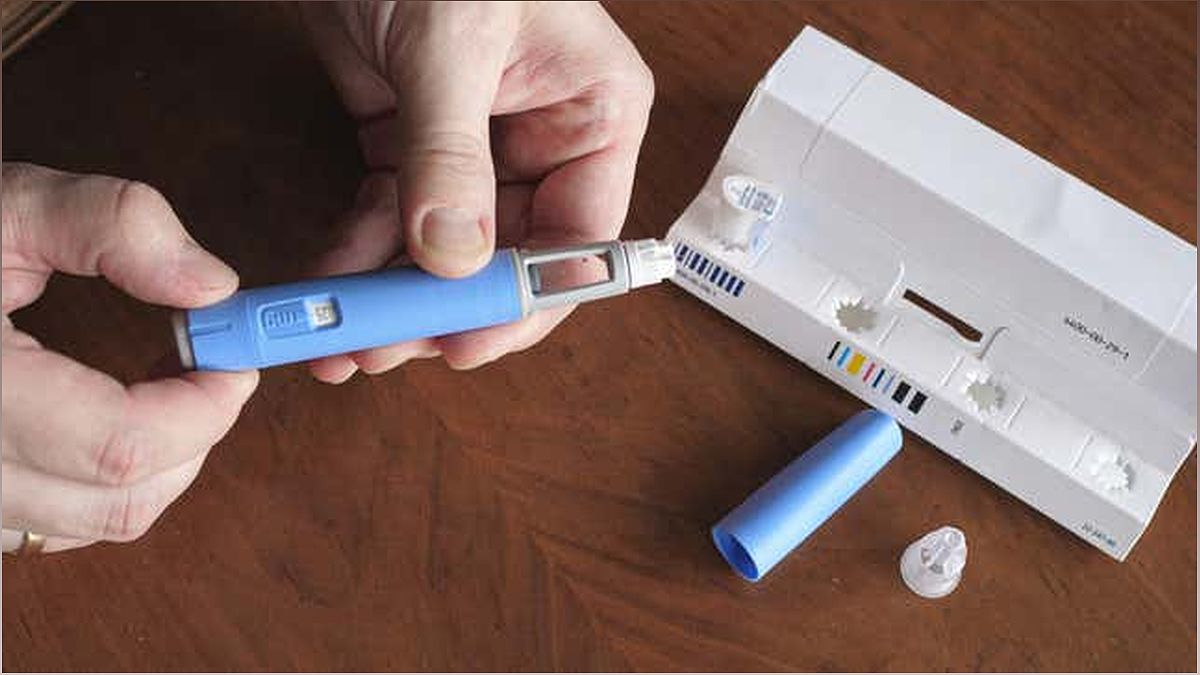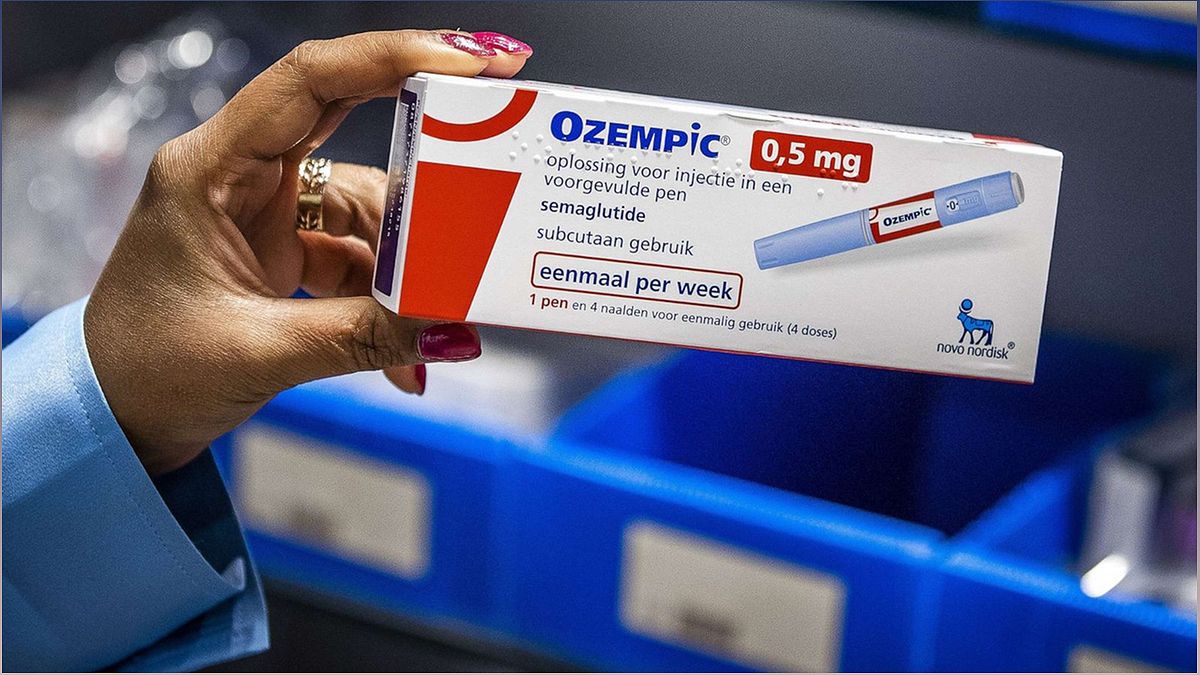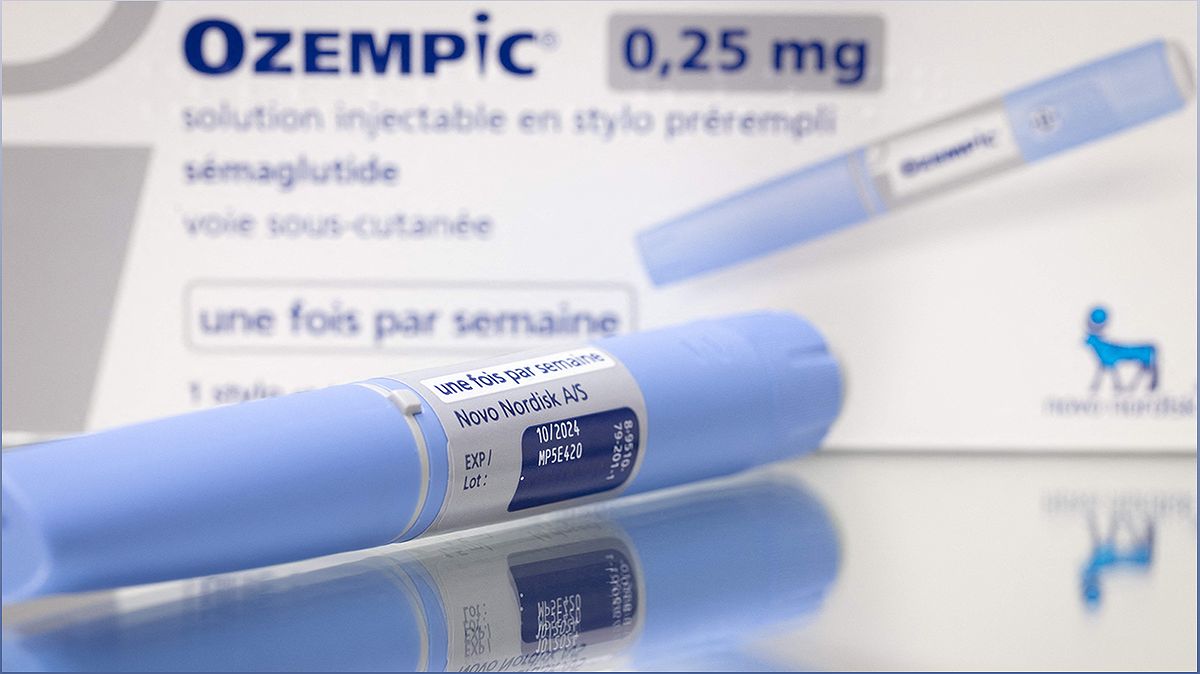In recent years, there has been a significant surge in poison control calls related to semaglutide, the active ingredient in popular weight loss drugs Ozempic and Wegovy. This rise in calls is primarily attributed to potential overdoses of semaglutide, which may be linked to the availability of compounded versions of the drug. These compounded versions, often marketed as ‘generic’ semaglutide, can vary greatly in dosage and are not subjected to the same safety testing as the approved formulations. As a result, accidental misuse and dosing errors have become a growing concern. This article sheds light on the increase in semaglutide-related poison control calls, explores the potential risks and side effects of the drug, and provides guidance on how to prevent accidents and ensure safe usage. Stay informed and take the necessary precautions to protect yourself and your loved ones from potential harm.
The Surge in Semaglutide-Related Poison Control Calls
Over the past few years, there has been a dramatic rise in the number of poison control calls specifically related to semaglutide. The active ingredient in popular weight loss drugs Ozempic and Wegovy, semaglutide has garnered attention for its potential to cause accidental overdoses.

According to data from America’s Poison Centers, there has been a staggering 1,500% increase in semaglutide-related calls since 2019, with nearly 3,000 calls reported from January to November this year alone. This surge in calls raises concerns about the safety and proper usage of semaglutide.

Compounded Semaglutide: A Risky Alternative
Compounded semaglutide, often marketed as ‘generic’ semaglutide, has emerged as a concerning alternative to the approved formulations. These compounded versions, produced by compounding pharmacies, lack the safety testing and standardized dosages of the FDA-approved drugs.

Patients who opt for compounded semaglutide may unknowingly expose themselves to higher risks of overdosing due to the variability in dosage and potential errors in administration. The lack of regulation and oversight makes compounded semaglutide a risky choice for those seeking a more affordable option.

Recognizing the Symptoms of Semaglutide Overdose
It is crucial to be aware of the potential symptoms of a semaglutide overdose to seek prompt medical attention. While gastrointestinal issues like vomiting and diarrhea are common side effects even when taking the drug as intended, an overdose can lead to more severe symptoms.
Common symptoms of a semaglutide overdose include:
- Severe or prolonged vomiting
- Feeling lightheaded or dizzy
- Chills
- Headache
- Seizures
If you or someone you know experiences these symptoms and suspects a semaglutide overdose, it is crucial to contact your local poison control center or call the national hotline at 800-222-1222 immediately.
Preventing Semaglutide Accidents and Overdoses
Whether you are taking approved semaglutide or considering compounded versions, it is essential to prioritize safety and minimize the risk of accidents or overdoses. Here are some important tips to keep in mind:
1. Follow the prescribed dosage:
Always adhere to the recommended dosage prescribed by your healthcare provider. Do not alter the dosage without consulting a medical professional.
2. Seek guidance from healthcare professionals:
If you have any questions or concerns about semaglutide usage, consult your healthcare provider or pharmacist for guidance. They can provide valuable insights and ensure you are using the medication correctly.
3. Be cautious with compounded semaglutide:
Avoid using compounded semaglutide unless it is specifically recommended by your healthcare provider. Compounded versions may lack the necessary safety measures and standardized dosages, increasing the risk of accidents.
4. Educate yourself about potential side effects:
Be aware of the common side effects of semaglutide and monitor your body’s response. If you experience any severe or concerning symptoms, contact your healthcare provider.
By following these tips and staying informed, you can help prevent accidents and ensure the safe usage of semaglutide for weight loss or diabetes management.